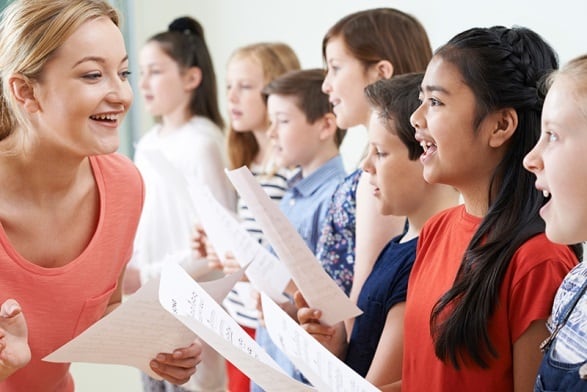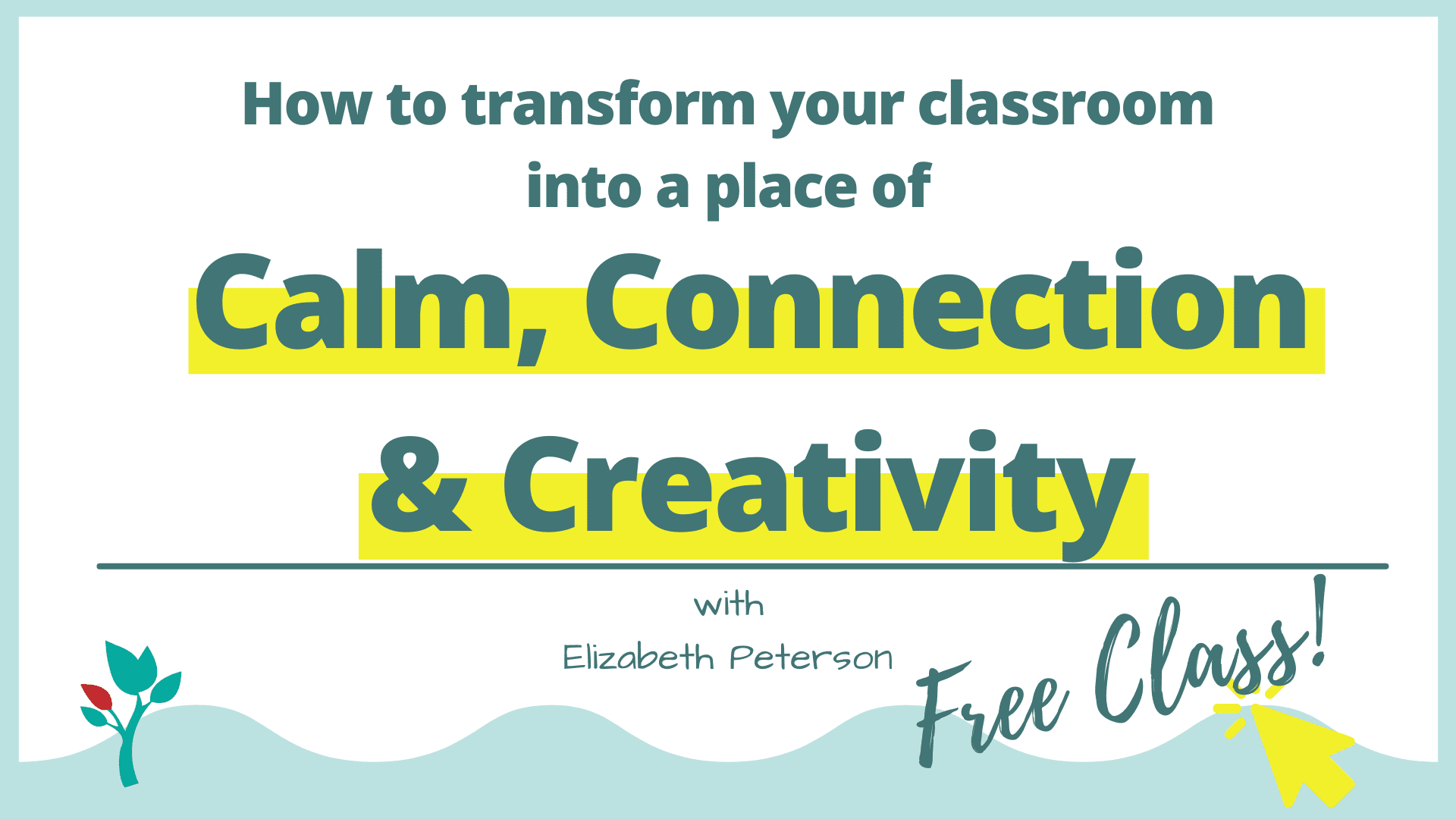Music education is important in our schools. And yet, it seems these days, it is being offered less and less in many school systems. Unfortunately, many schools have begun to exclude music from their curriculums to make room for other subjects.
Music is an extremely important subject for all children to learn and can lead to better brain development, increases in human connection, and even stress relief. As music is removed from schools, children will no longer receive these benefits unless they enroll in private lessons, which is much too expensive for some families to afford.
Here are five reasons why music education in schools is important:
#1) Music stimulates brain development in children
Various studies have found that engagement with music can lead to an improvement in brain development in children. A study at Northwestern University found better neural processing in students who played a musical instrument when they were compared with students who simply listened to music. This study shows the importance of receiving music education, rather than simply turning on background music when students are doing work in other subjects. Other studies have also found increases in IQ points in children who engaged with music. When compared with students who didn’t take any music lessons, musically-engaged students had more improvements in IQ subtests, index scores, and a standardized measure of academic achievement.
If you’re interested in enrolling your child in music lessons outside of the school system for more engagement with music, take a look at this article to learn about the costs.
Music education is also a great way to enhance reading comprehension abilities in children. Another study, which was also conducted at Northwestern University, found that students who actively participated in music classes had better speech processing abilities along with higher reading scores than children who weren’t involved. Reading is an important skill for all children to develop because it is needed for all subjects. Even subjects that are not related to English literature will involve reading. For example, math word problems require excellent reading comprehension abilities in order to answer them correctly.
#2) Music is a way to connect with other people
Music education is also important because it will give students a way to connect with other people. Children are naturally very social, and it’s important to encourage them to build relationships by providing them experiences to share with each other. Creating a school band or small ensemble, or encouraging participation in a chorus will allow children to work together towards a final product (such as an end-of-year performance). This encourages bonding and will provide students with something to reminisce on together in the future.
It has been proven time and again that having people of all ages play or listen to music together will help to create bonds. Having an impromptu drumming circle or listening to and enjoying a piece of recorded music can connect people through sound, singing and even movement or dance. Musical experiences such as these can bring back a fond memory or create new ones!
#3) Music integrates many different subjects
Another reason music education is so important is that it integrates so many different subject areas all at once. Not only will music education allow children to develop their musical skills, it will also give them the opportunity to work on their math skills, reading and writing skills, science skills, and history knowledge. For example, time signatures in music are an excellent way to incorporate fractions, and lyric analysis and songwriting will allow students to work on their reading abilities.
Additionally, having discussions about how instruments work will involve information on the physics of sound, and learning about music’s place in society will shine a light on important historical events. If teachers are concerned about their students’ skills in other areas of learning, they will be able to incorporate them into a music class with ease.
#4) Music teaches discipline
Music will also teach children to develop time management skills and discipline. If students are expected to learn their instruments and practice outside of school, then they will develop the ability to create a practice schedule. They will be able to balance every other activity they have going on in their lives. Learning discipline and time management from a young age will have countless benefits on a child’s future. For example, if a child develops discipline in elementary school, they will be much more able to balance the workload they’ll receive in high school and excel in their classes.
Excelling in their high school classes may then allow a student to choose a reputable post-secondary institution that he or she would like to attend, which will lead to better job prospects as an adult.
#5) Music can relieve stress
Finally, music is an excellent way to relieve stress. This is significant for students who may feel overwhelmed by schoolwork and try to balance extracurricular activities. Studies have found that music can reduce burnout and improve mood states. As students enter into the upper grades of the school system and begin considering applying for post-secondary schools, they might feel overwhelmed with the need to keep their grades high. Even young students can experience stress with the increasing amounts of homework school curriculums require. Some students may also have stressful home lives, and music will offer a way to escape from these situations.
In addition, you may consider Soundtracking your classroom to help relieve stress and anxiety for your students. Doing so can also help create a focused learning atmosphere.
Music has many benefits to people of all ages. It’s important to know why so that we can continue to advocate for keeping music education in our schools!
My name’s Natalie Wilson and I’m an avid music lover and guitar player who has dedicated my life to sharing what I know on my blog. You’ll find a wide range of topics on my blog, including reviews, tutorials, and tips for musicians.
Visit my blog: MusicalAdvisors.com
Feel free to contact me at [email protected].
Attend Our Free Class!

✅ The 3-step framework 100s of teachers use (myself included!) to transform their classrooms (and improve their impact) in 6 weeks or less.
❌ The 5 mistakes to avoid when supporting your students' social-emotional development. (This will save you so much frustration!)
😬 Why you DON'T need to act like the classroom therapist to have a calm classroom—and what to do instead.
⭐️ How to work with me more closely to create the classroom that brings you joy again!








Good read, music is everything
Thanks for sharing your article. I really enjoyed it. If you are interested in Best Music School in Gurgaon, feel free to visit our website.
Awesome read, when was this published?
Hi Toria,
This was first published in May of 2017. Glad you enjoyed it!
Hi, Elizabeth, thank you for giving us the exact date.